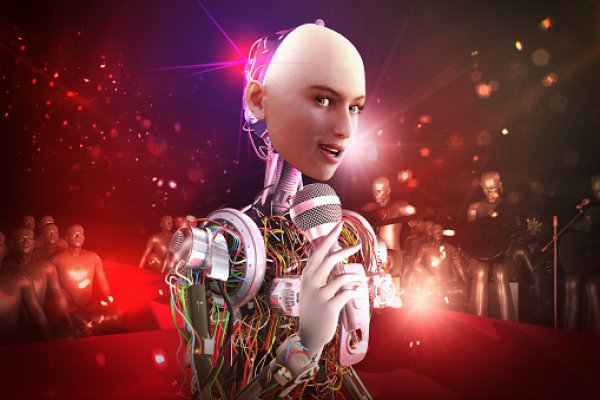Data science and artificial intelligence often need clarification with each other due to their overlapping fields of operation.
It can be difficult for those seeking employment in data science or artificial intelligence to differentiate between the two fields. While they share some aspects, the scope, data types, tools, and applications are distinct.
Data Science and Artificial Intelligence (AI) are often confused, as they are heavily intertwined. While AI draws on Data Science greatly, it is not the only factor in AI’s development. Additionally, Data Science has wide-ranging applications across various industries, while AI still finds its place in the commercial sector. Here is a comparison of Data Science vs. Artificial Intelligence for those looking to understand their differences better.
What Is Data Science?
Data science combines many techniques from computer science, statistics, and scientific methods to make sense of unstructured data and gain useful knowledge. These methods involve processing raw data points and drawing meaningful insights.
A data science project usually involves obtaining data, manipulating it, representing it graphically, and ensuring it is up-to-date.
A data scientist needs to deeply understand various concepts and technologies, such as machine learning and AI, not only those mentioned previously. Broad knowledge is essential for this profession.
What is Artificial Intelligence (AI): Definition
AI can make machines behave like living creatures, like humans and animals. It is possible for intelligence in machines to surpass that of human beings through algorithms that enable them to carry out actions independently.
AI traditionally uses data collected by either algorithm written for limited purposes with clear objectives or data scientists to learn from.
Modern AI algorithms, such as deep learning, can recognize patterns within data and achieve the goals embedded in it. Artificial intelligence extends beyond machine learning, allowing machines to perceive and do previously unimaginable things.
This type of programming includes capabilities such as speech recognition, natural language processing (NLP), and machine vision. An artificial engineer designs machines to be able to learn, reason, and self-correct using these functions.
The Key Differences
Scope:
Data science involves transforming raw data into useful information and insights by writing algorithms. On the other hand, artificial intelligence focuses primarily on applying machine learning algorithms.
Type Of Data:
Data science handles data of all types, including structured, semi-structured, and unstructured varieties. On the other hand, artificial intelligence works with data stored as vectors and embeddings.
Tools:
Tools like Mahout, Shogun, TensorFlow, PyTorch, Kaffe, and Scikit-Learn are needed to create Artificial Intelligence. Data Science tool kits, on the other hand, usually include Keras, SPSS, SAS, Python, and R.
Process:
Data science involves predicting, visualizing, analyzing, and pre-processing data. On the other hand, artificial intelligence entails complex operations that enable forecasting with predictive models and mimic human thought processes.
The Difference In Models:
Models developed in data science are designed to generate statistic-based knowledge for decision-making, while artificial intelligence is employed to construct models that approximate human intelligence and understanding.
Degree Of Scientific Processing:
Artificial intelligence necessitates a much higher level of scientific computation when compared to data science. A data science venture goes through the stages of a data science pipeline, ranging from collecting relevant data to producing and conveying insights. In contrast, artificial intelligence involves intricate procedures for feeding model objects to attain the desired result.
Skills Required
A data scientist should have the capacity for logical thinking, be experienced with programming, manage databases well, and possess excellent presentation abilities.
A successful artificial intelligence engineer should possess strong mathematical and statistical capabilities and programming skills. They should be well-versed in machine learning and deep learning algorithms as well.
The relationship between data science and AI can best be complementary, with each field offering unique perspectives and skill sets to enhance the other. While data science provides a foundation for AI by providing the necessary data and insights to train AI systems, AI can help automate and optimize the data analysis process, making it more efficient and effective.
Both data science and AI are crucial for organizations looking to stay ahead in a rapidly changing technological landscape. To fully realize the potential of AI and data science, organizations must embrace a collaborative approach that leverages the strengths of both fields. By combining data scientists’ expertise with AI’s power, organizations can unlock new opportunities for innovation and growth, leading to a more data-driven and intelligent future.
Source: analyticsinsight



